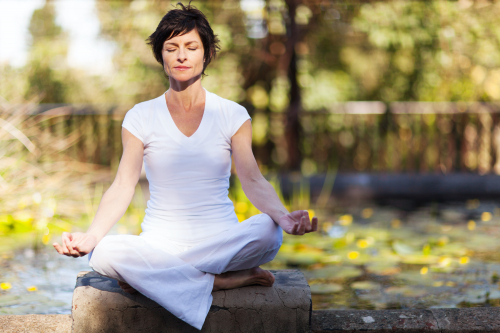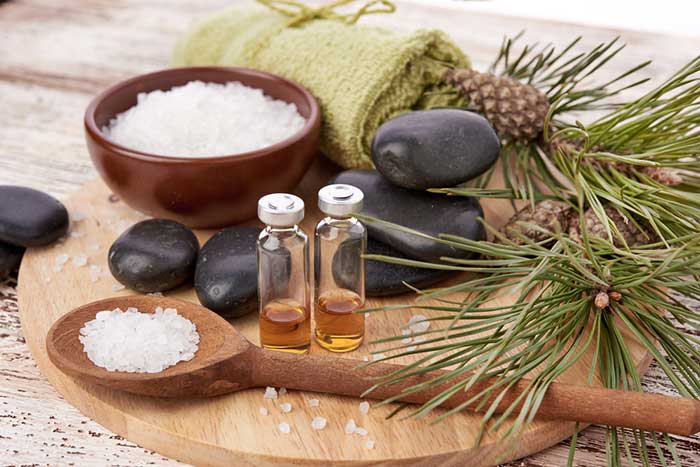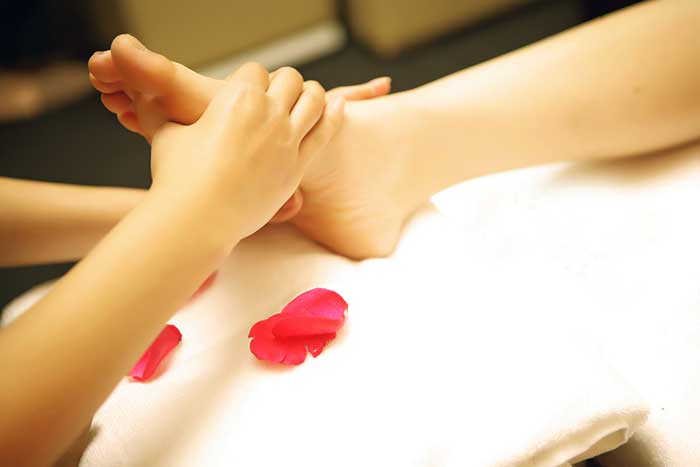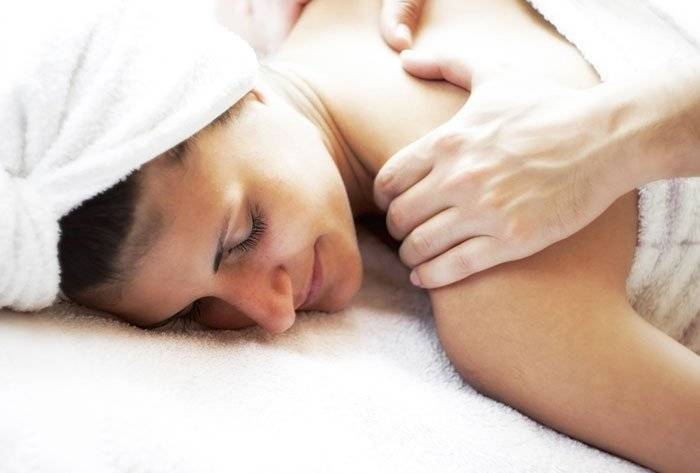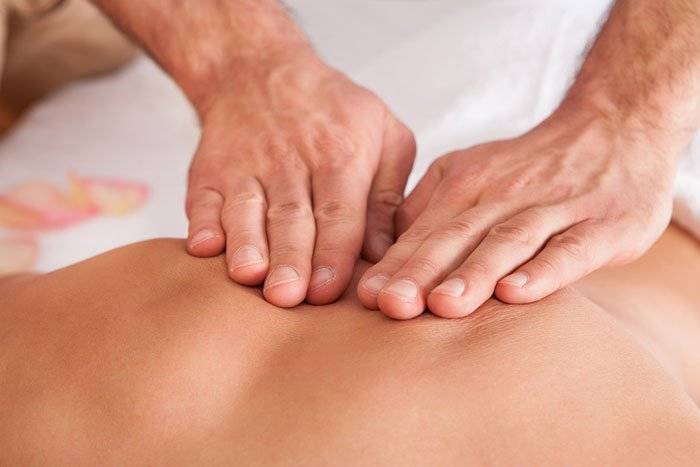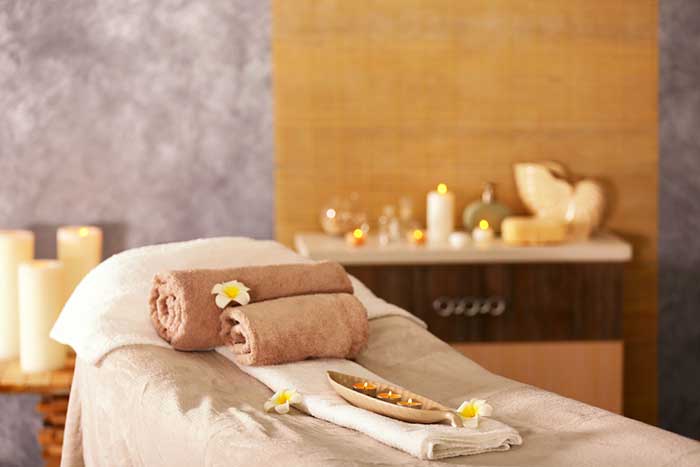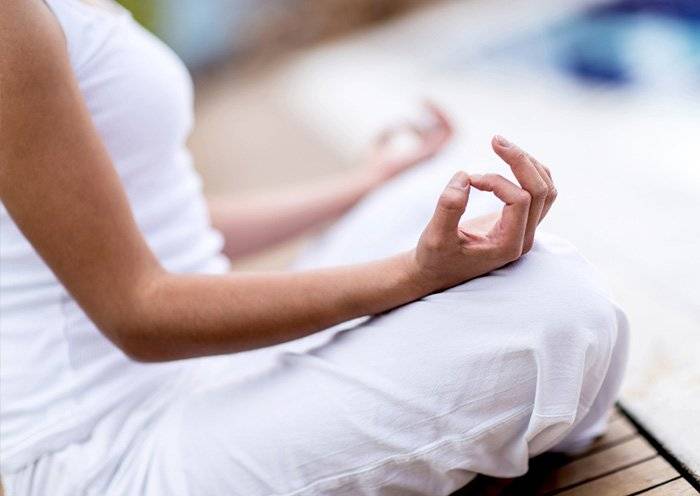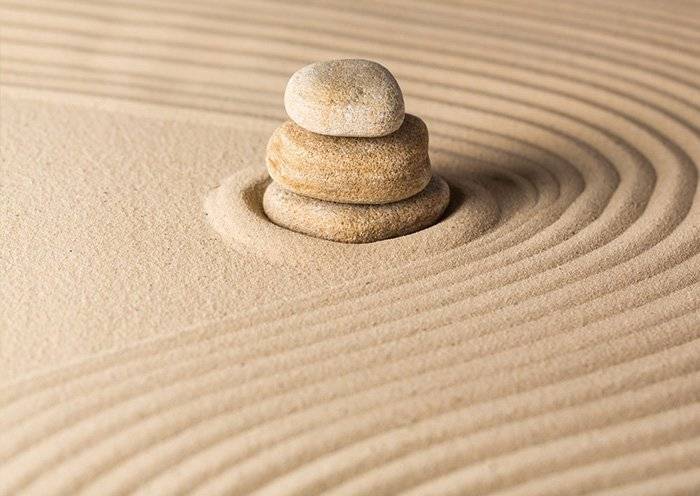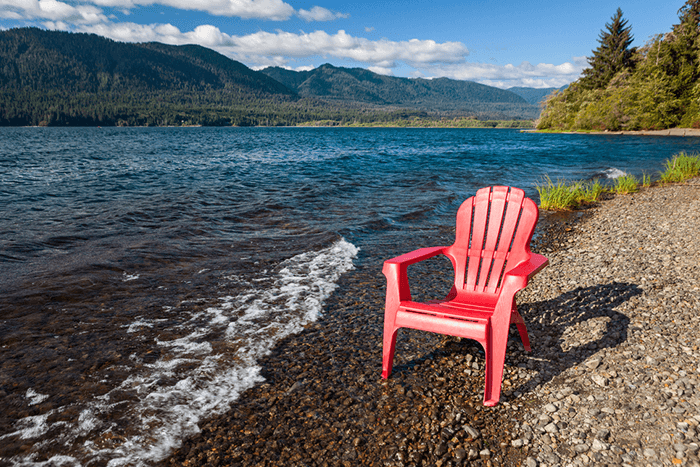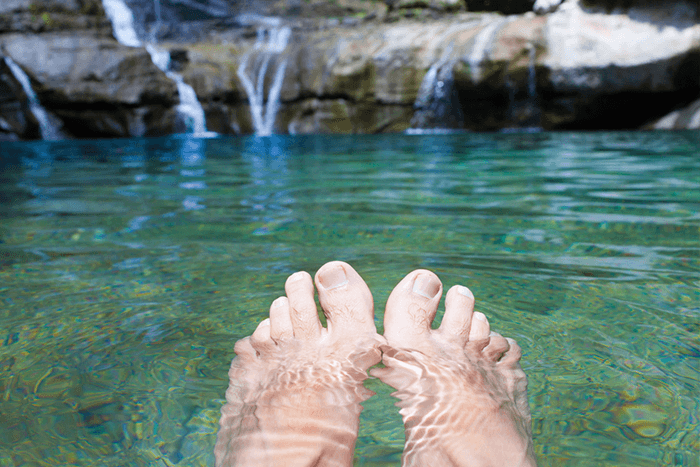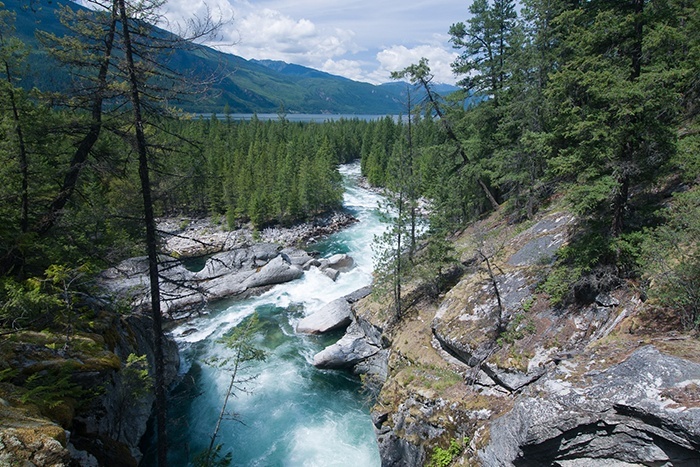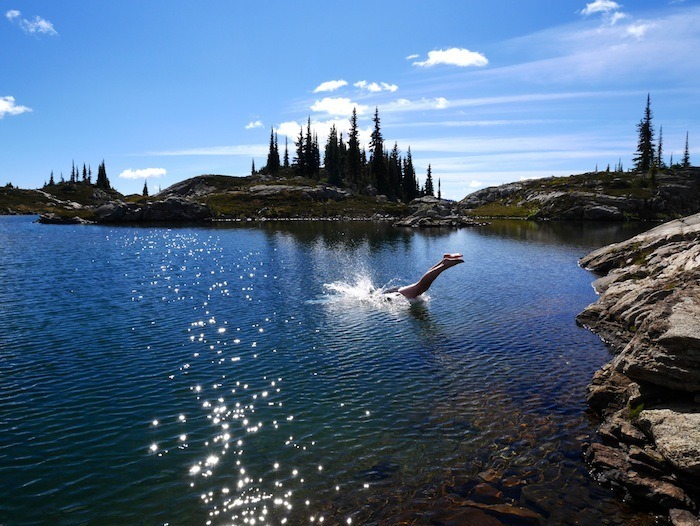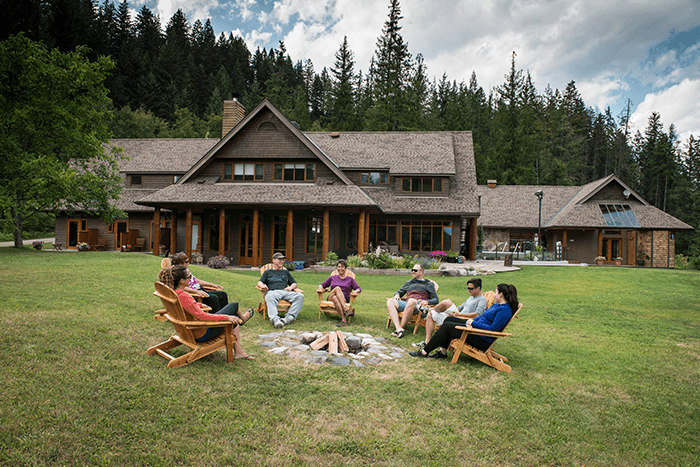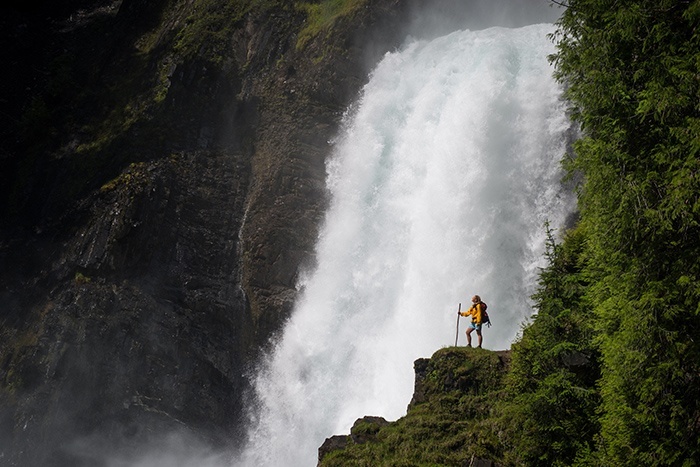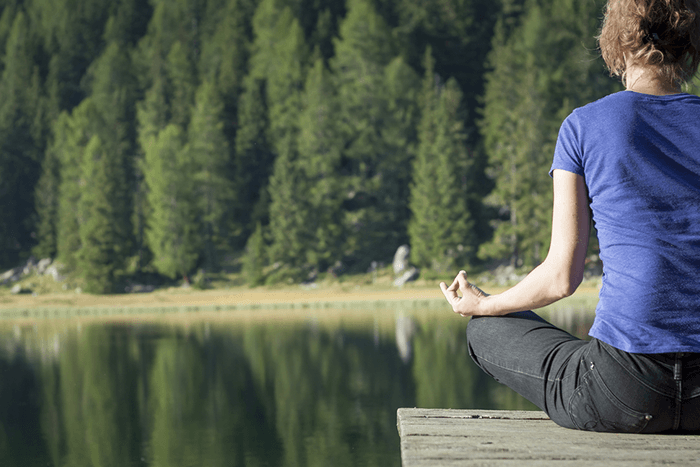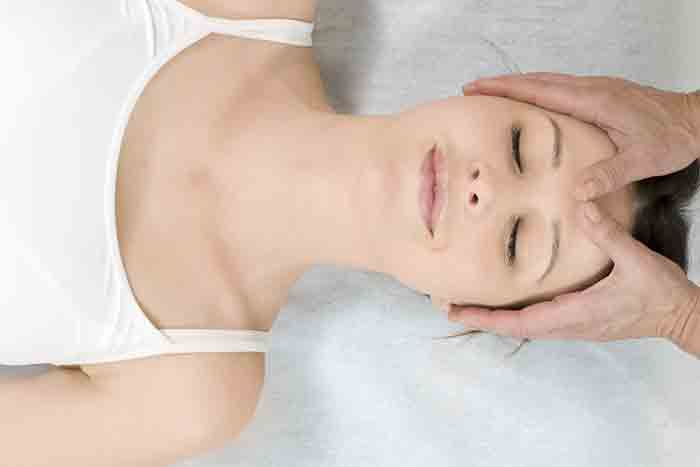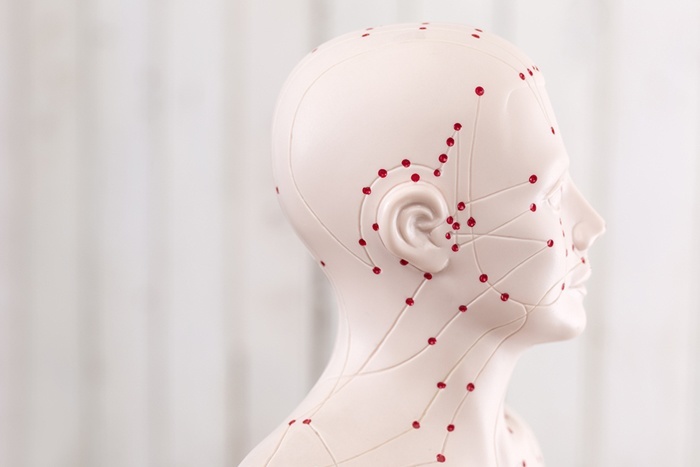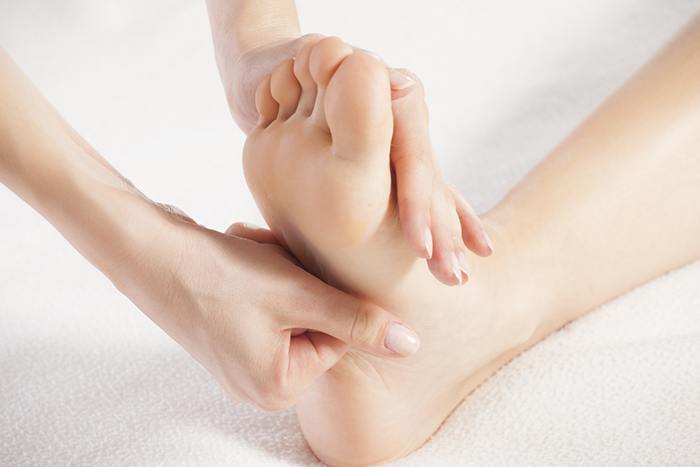
How many of us were taught by our parents, peers, or mentors that to enjoy a respectable and happy life we need to follow these steps:
- Get good grades in school
- Upon graduation enter into a lucrative career
- Get married
- Take out a mortgage and various loans to pay for the things we “need”
- Have children
- Work our butts off for 40 years
- Retire and reap the rewards of our hard work
The thing is, there’s nothing wrong with that plan but nowhere does it touch on actually enjoying life until we reach retirement! We may enjoy financial security, but this type of driven-to-succeed lifestyle can also create excess stress, spiritual bankruptcy, severe health issues, and profound unhappiness. Essentially, this plan has us living life out of balance. We work hard, but we don’t work smart.
Consider this: when was the last time your friend or colleague asked how you were doing and you responded with “busy,” “crazy busy” or “slammed” instead of “I’m really happy,” “I feel great,” or “I’m really relaxed”? Being busy is not a badge of honour! The factors that most affect our overall wellness – exercise, creativity, good nutrition, loving relationships, inspiration, spirituality, play, and rest – are all too often ignored or given very low priority in our work, training and especially in the media. In schools as well, life balance and personal happiness are largely ignored, and rarely explored or recommended as worth pursuing or incorporating into our lives.
The good news is we can easily change the way we live by working smarter and incorporating balance into our lives. To start, we can borrow from common business jargon, it’s all about “goal setting,” being “strategic” and “re-ordering priorities.” Except in this case, we’re not talking about profits, we’re talking about making life more fun.
Mountain Trek’s Tips For Perfect Work & Life Balance

Make Health and Happiness Your Priority
It all starts with you! Realizing that you’re too stressed out, feeling unhealthy and unhappy is the first step. Now make a list of the things that are going to guide you towards health and happiness and make them the priority in your life. Envision the best You possible. Not the perfect You, but the best You. Make a list if that works for you.
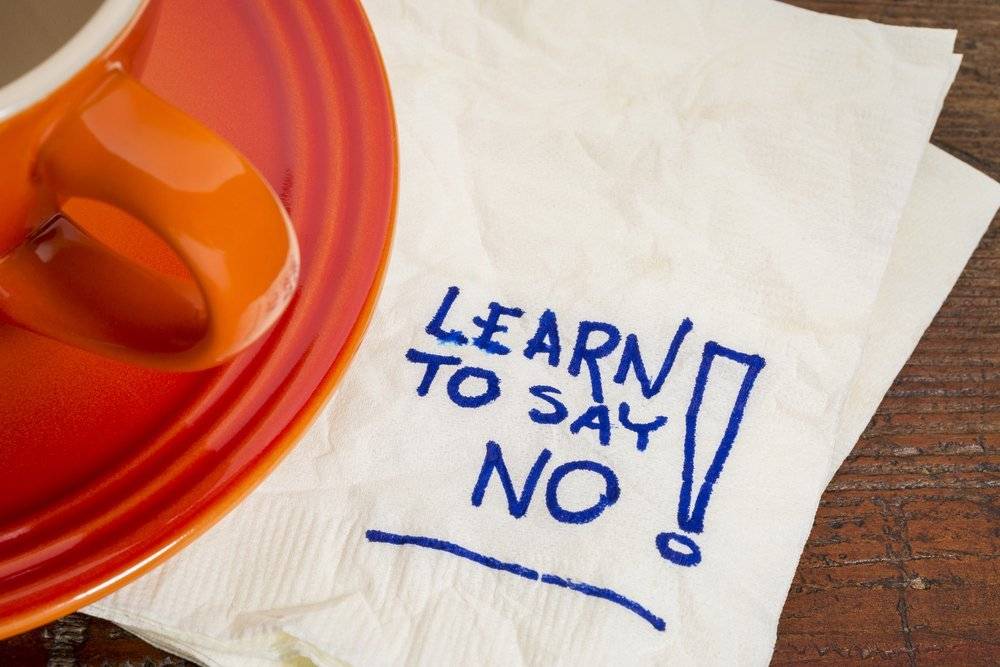
Learn to Say No
“No” is the shortest sentence in any language and it’s also the most powerful. However, many of us have a difficult time with it, because we don’t want to disappoint but consider that you’re the most important person in your life and you don’t want to disappoint yourself. So if you’re too busy to take anything more on, just say, “No.” We’re not suggesting you be rude about it, but trust us, the first time politely say “No” to taking on a work project or a social engagement you’re not keen about, we guarantee you’ll feel a rush of excitement and relief.

Be Disciplined – Restrict Your Time
If you’re working 10 to 15 hours a day, 5 or 6 days a week, how good is the work you’re doing? And how much time are you wasting? The more you restrict your time, the more focused and productive you’ll feel, and the less you’ll waste time on low-priority work. If you can only afford to spend one hour on a certain project, then only spend one hour on it— and move on, even if it isn’t perfect. Gradually you’ll see that you’re getting quality work done in less time. This means more time to focus on you – sleeping well, eating right, exercising more and spending time with your loved ones.
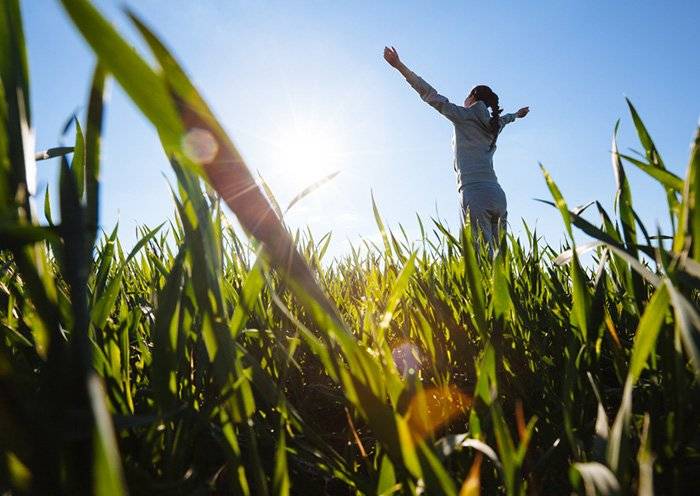
Don’t Sweat the Small Stuff
There’s a reason the book that shares this title is so popular – it’s true! Stuff happens. To all of us. All the time. Roll with it. You’ve allowed yourself more time and spent less time working, as your priorities, but this week you find yourself slammed with projects again. It’s okay. It’s bound to happen. Things come up, things fall through. Don’t stress. Just keep your eye on your priorities and gradually you’ll get back on track.
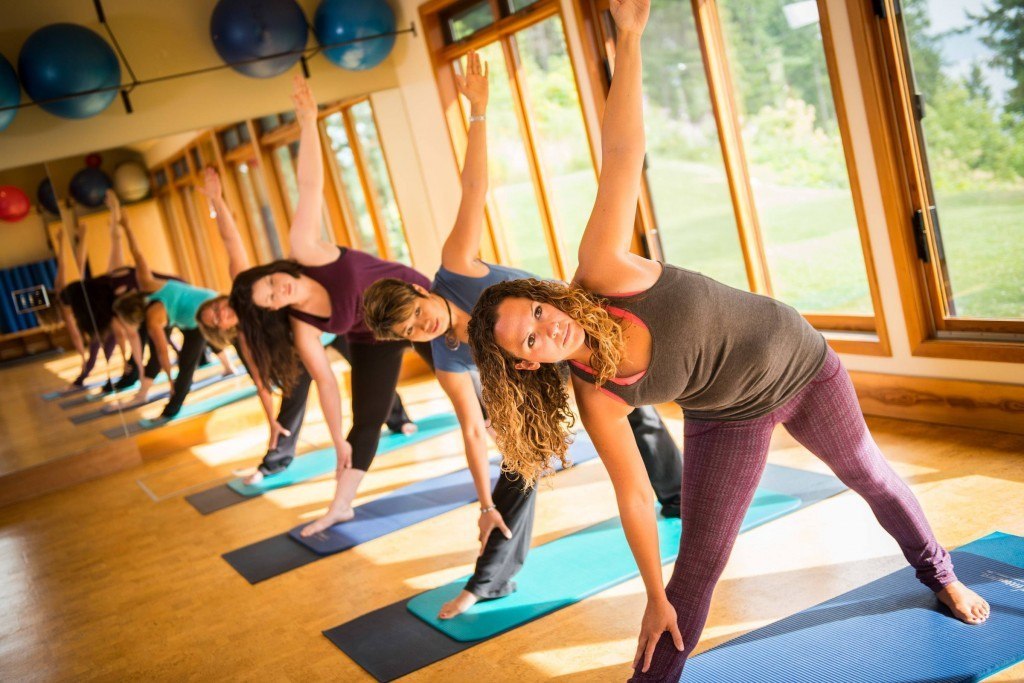
Form New Habits
The key to forming healthy habits is to do them in baby steps. If you commit to three yoga classes a week, a pottery-making workshop, working two hours less a day, not skipping breakfast, and spending more time with your kids, it’s likely you’ll stress yourself out trying to make these a regular part of your routine. Allow yourself time. Focus on one thing at a time until it becomes a habit, like brushing your teeth before bed. It’s all we need to do, as each lifestyle change takes a lot of will power. After the new lifestyle balance priority becomes a habit, we move down our list. You won’t feel overwhelmed and the habits are more likely to stick.
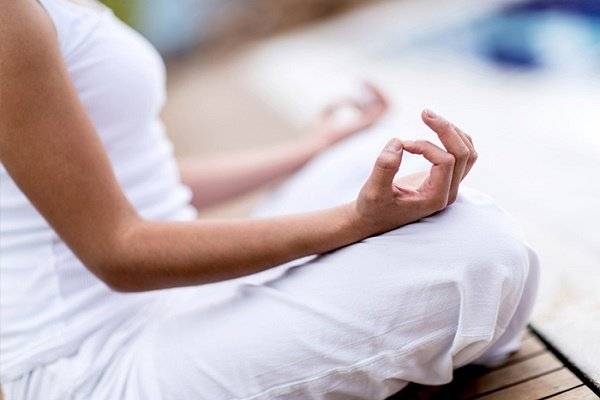
Pay Attention to What’s Going on Inside You
The elements in life that require the most balance can be divided into two categories: internal and external. Too often people focus on the external more than the internal. Challenge yourself intellectually. Practice giving and receiving love. Find time to be alone. Meditate. Follow your heart. Be kind to yourself, because life is hard enough.
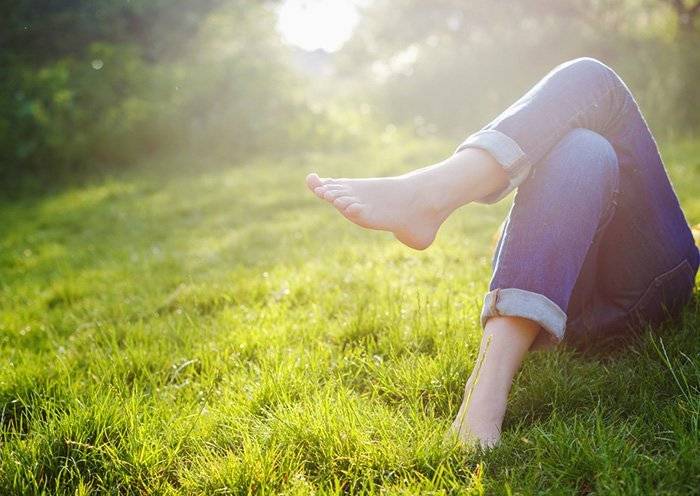
Spend Time in Nature
In Your Brain On Nature, Harvard physician Eva M. Selhub and naturopath Alan C. Logan explore the scientific discoveries related to the way in which nature immersion and deprivation can work for or against us in our pursuit of health and well-being. Simply put, spending time in nature is good for us. Hike, bike, swim, walk, paddle, ski, run – whatever you choose, get out in the great outdoors and play!
What is Mountain Trek?
Mountain Trek is the health reset you’ve been looking for. Our award-winning health retreat, immersed in the lush nature of British Columbia and featuring daily sunrise yoga and night-time restorative yoga, will help you unplug, recharge, and roll back years of stress, anxiety, and unhealthy habits. To learn more about the retreat, and how we can help you reset your health, please email us at info@mountaintrek.com or reach out below:
